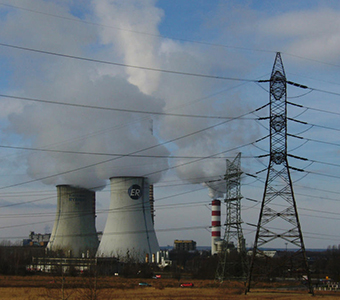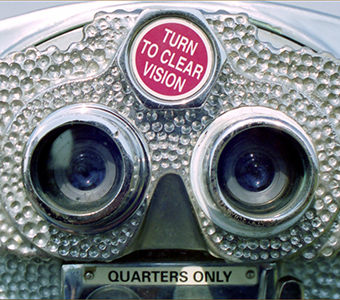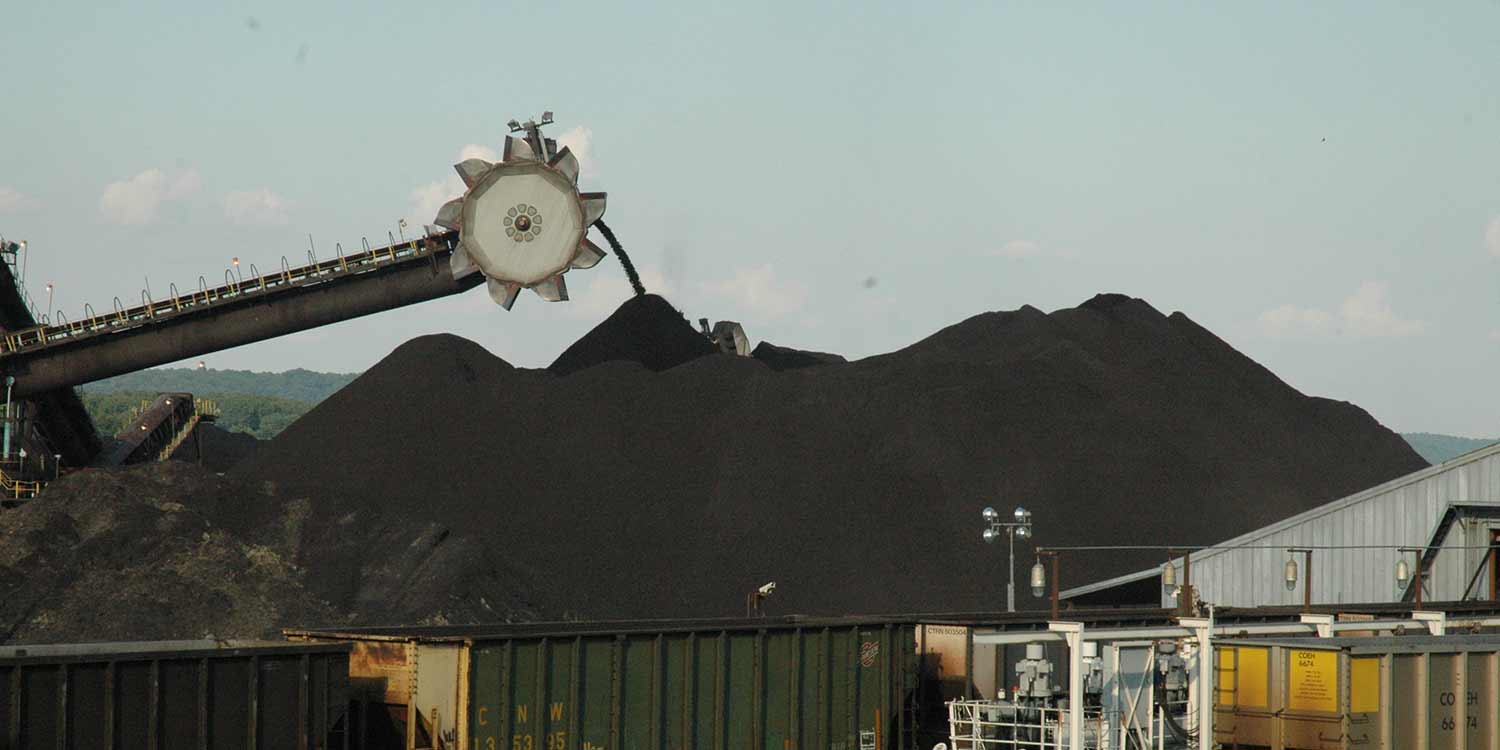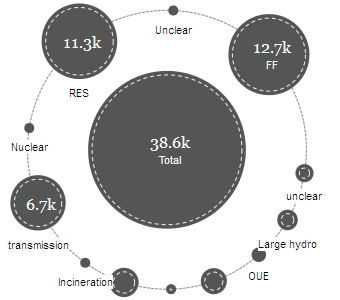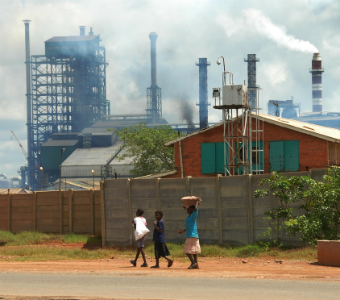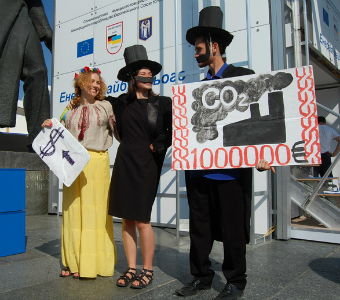Groups petition Polish government to drop permit for Europe’s largest planned coal plant
Blog entry | 26 August, 2013On Monday Polish NGOs Client Earth, Workshop for all Beings, Greenpeace, WWF and local community group Eco-Kociewie petitioned the General Director of Environmental Protection to cancel the environmental impact assessment permit for the Polnoc Power Plant in northern Poland.
Read moreAll eyes on the EBRD – will it go coal free?
Blog entry | 14 August, 2013In case you missed it, the tectonic plates just shifted in the world of international financial institution (IFI) energy lending.
Read moreThe EIB finally limits coal lending
Blog entry | 1 August, 2013For the last couple of years, we have been calling on the European Investment Bank to drop coal lending. Finally, we’re starting to see some results.
Read moreEIB restricts – but does not eliminate – coal and other fossil fuel lending
Press release | 24 July, 2013Brussels — The European Investment Bank (EIB) announced today an energy policy that while introducing stringent criteria for financing coal power plants does not eliminate the possibility of support for coal or other fossil fuel energy sources.
Read moreOpen letter to EIB: Improvements for energy policy draft
Publication | 19 July, 2013The letter, signed by nine NGOs, think tanks and an asset management company, acknowledges the positive step the European Investment Bank has taken with its draft policy “EIB and Energy: Delivering Growth, Security and Sustainability” but also suggests a number of elements that need to be tightened to make the EIB’s energy lending policy policy fit for purpose in reducing risks of high-carbon lock-in for the EU electricity system.
Read moreNew facts are busting energy myths
Blog entry | 18 July, 2013Adequate decision making on energy policies must be based on accurate information and cannot rely on outdated knowledge and misconceptions. A new series of fact sheets explores the myths and facts of Europe’s energy sector.
Read moreUPDATED: A guide to examining the European Investment Bank’s energy lending portfolio
Blog entry | 17 July, 2013A thorough check of the European Investment Bank’s energy lending data shows that not all is as rosy as the EIB would like to see it. We’ve paired up with Open Spending to provide an introduction into how to interpret and scrutinise the numbers.
Read moreThe EIB and development, a chance to clean up the bank’s act
Blog entry | 11 July, 2013The current review of the European Investment Bank’s mandate for lending outside of the EU brings some of the pitfalls of the bank’s development lending to the fore and offers a chance for improvements.
Read moreBankwatch comments to the EIB draft energy policy
Publication | 9 July, 2013The EU’s global leadership on climate change is set to take another blow if the European Investment Bank, the EU house bank and one of the world’s largest public lenders, adopts a future energy lending policy as presented yesterday to the public. The draft policy includes weaker standards for lending to coal plants than currently proposed in both the US and Canada.
Read moreThe EU’s bank is less ambitious than the US in restricting energy from coal
Blog entry | 5 July, 2013It may have been easy in the past for Europeans to bash the US for being retrograde when it comes to climate policies, but after last week it will get more difficult to do that.
Read more